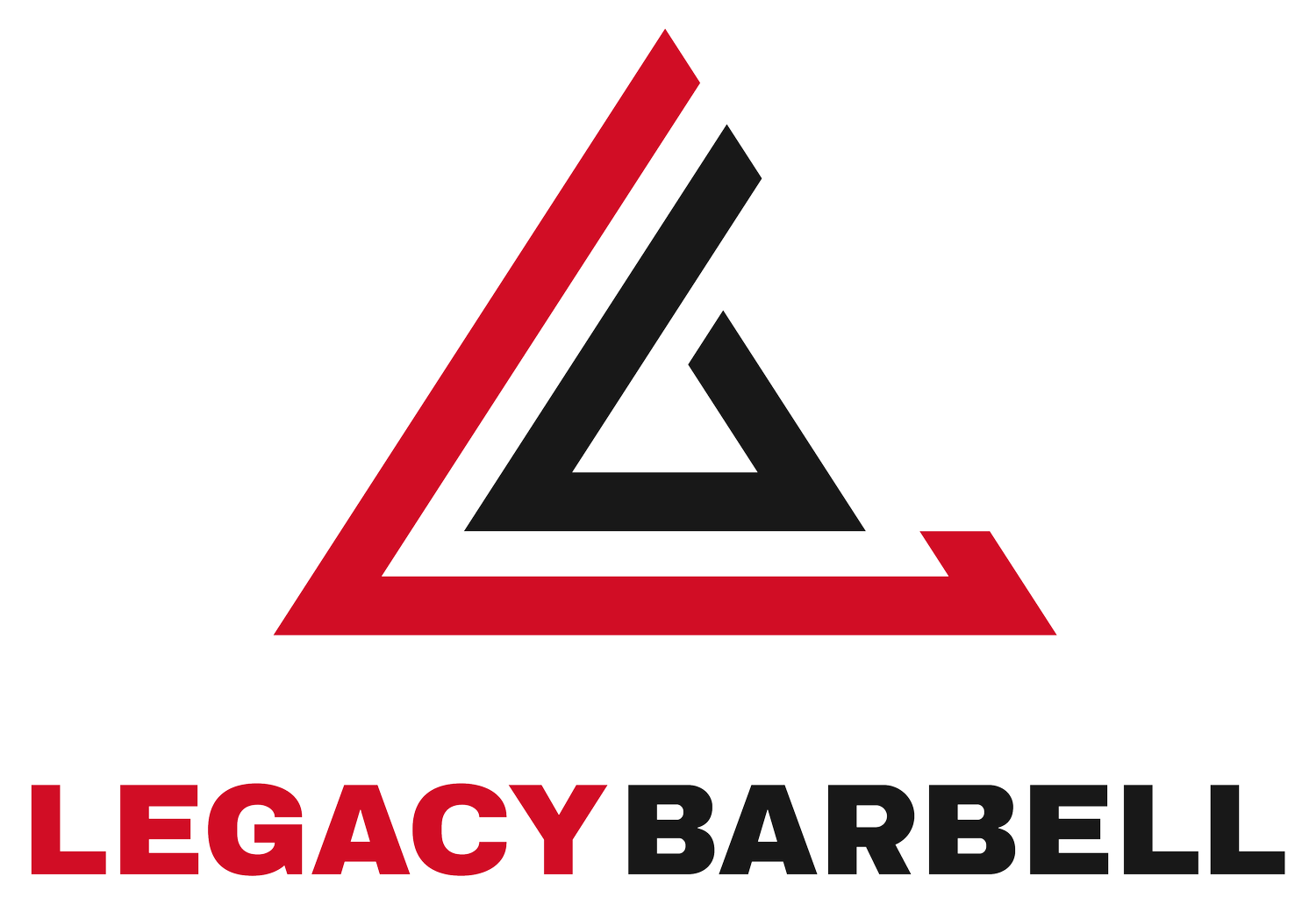The Backbone of Strength: Why Barbells Matter in Your Gym Equipment Arsenal
When it comes to sculpting a strong, resilient physique, having the right tools at your disposal can make all the difference. Among the myriad gym equipment available, few hold as much significance as the humble yet mighty barbell. Whether you're a seasoned lifter or a novice gym-goer, understanding why barbells matter can revolutionize your workouts and propel you towards your fitness goals. legacy barbell dives into the pivotal role of barbells in strength training and their undeniable impact on your journey to a fitter, healthier you. keep reading!
Versatility and Effectiveness: One of the primary reasons why barbells reign supreme in the gym is their unparalleled versatility and effectiveness. From compound lifts like squats, deadlifts, and bench presses to isolation exercises like bicep curls and overhead presses, the barbell can be used to target virtually every muscle group in the body. This versatility allows for efficient, full-body workouts that maximize muscle engagement and stimulate optimal growth. With a single piece of equipment, you can perform a multitude of exercises, making barbells a cornerstone of any well-rounded strength training routine.
Progressive Overload: Central to the principle of progressive overload—the gradual increase in resistance over time to stimulate muscle adaptation—is the ability to incrementally load exercises. Barbells excel in this regard, as they offer precise, incremental adjustments in weight through the use of plates. Whether you're striving to increase your squat, deadlift, or bench press strength, the ability to systematically add weight to the barbell enables consistent progression and continuous gains in strength and muscle mass. This progressive overload principle lies at the heart of effective strength training, making barbells an indispensable tool for long-term success.
Stability and Control: Unlike other free weights or machines, barbells provide unparalleled stability and control during exercises. The rigid, straight bar allows for a secure grip and uniform distribution of weight, minimizing the risk of imbalance or instability. This stability not only enhances safety during heavy lifts but also promotes proper form and technique, ensuring maximal muscle recruitment and minimizing the risk of injury. Whether you're performing heavy squats or precision-focused overhead presses, the inherent stability of barbells empowers you to push your limits with confidence and precision.
Functional Strength and Real-World Application: Strength training isn't just about building muscle—it's about enhancing functional strength and improving performance in real-world activities. Barbells play a crucial role in this regard, as many barbell exercises mimic common, everyday movements such as lifting, pushing, and pulling. By incorporating barbell exercises into your training regimen, you're not only building muscle mass but also developing the strength, stability, and coordination needed to excel in daily tasks and athletic pursuits. Whether you're lifting groceries, moving furniture, or participating in sports, the functional strength gained from barbell training translates directly into improved performance and resilience in the real world.
In the ever-evolving landscape of fitness equipment, barbells stand as a timeless symbol of strength, versatility, and effectiveness. From their unparalleled versatility and effectiveness to their role in progressive overload, stability, and functional strength, barbells are indispensable tools in the pursuit of strength, muscle, and overall fitness. So, the next time you step into the gym, pay homage to the humble barbell—it may just be the key to unlocking your full potential and achieving your fitness aspirations.
contact legacy barbell to check out our state-of-the-art facility!
